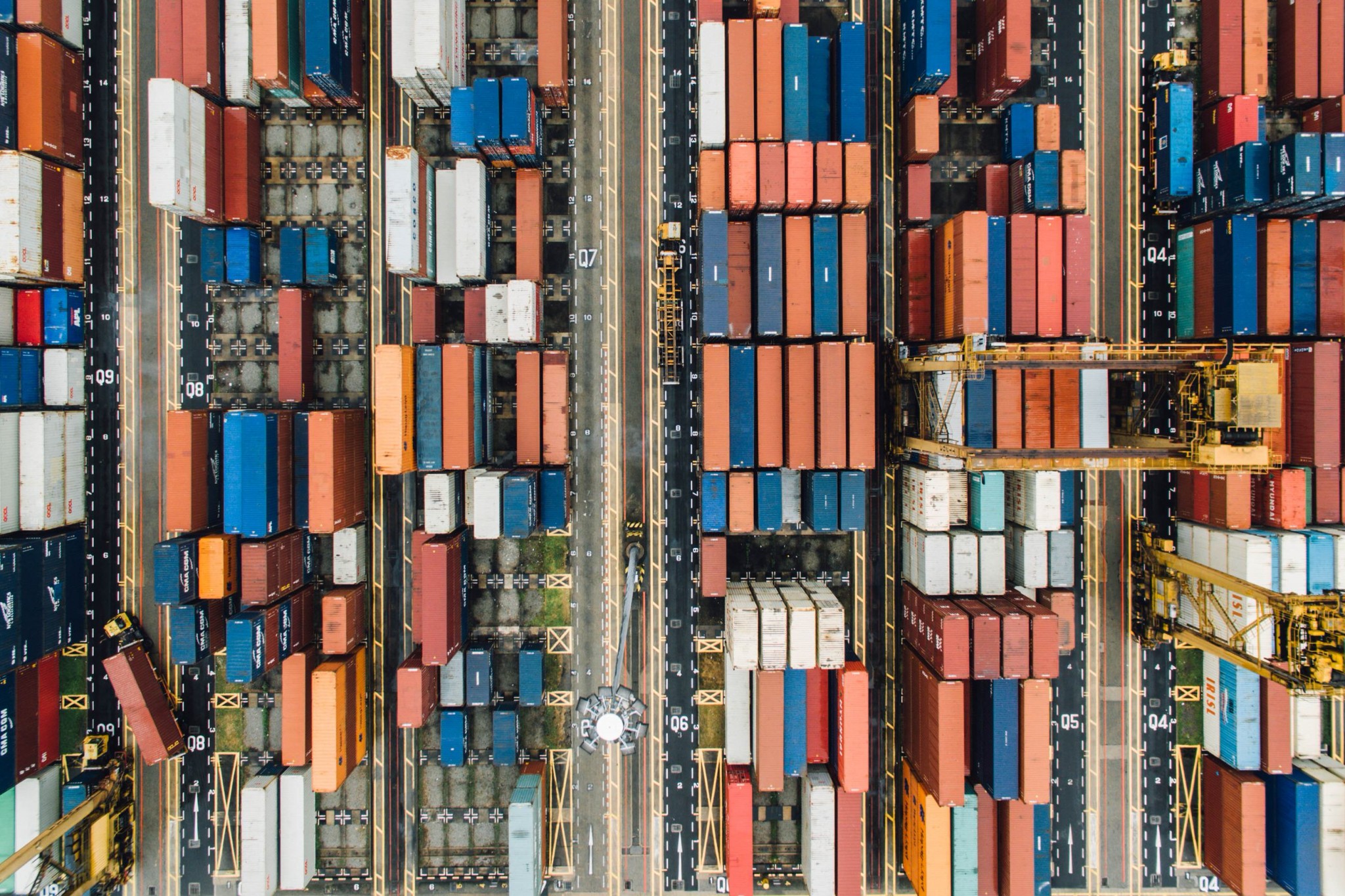Emerging Markets Cheat Sheet (March 14, 2011)
Strengths
- China’s February industrial production rose 14.9 percent year-over-year, better than the monthly average of 14 percent in 2010. Fixed Asset Investment was up 25 percent for the first two months this year, in line with the pace of growth in the last year.
- Hungarian exports remain robust as they continue to benefit from Germany’s expanding exports to Asian markets. Manufacturing Purchasing Manager’s Index (PMI) hit a four-year high of 57 as exports grew 22 percent year-over-year.
Weaknesses

- China’s retail sales rose 11.6 percent in February, lower than last year’s monthly average of 18 percent. This is due to the Chinese New Year in which people visit friends or are away on vacation.
- China’s February CPI was flat month-over-month, but higher than the market’s expectation of 4.5 percent. This was mostly due to food price inflation that was up 11 percent in the month. The market has since changed its consensus of a moderating inflation going forward. The market again expects inflation to peak in next few months before sliding down from this summer. Inflation control has become the Chinese government’s top priority, and we tend to trust their means to succeed.
- China’s producer price index (PPI) rose to 10.4 percent last month, up from 9.7 percent in January. This indicates rising material and energy costs can squeeze profit margins for investors.
- Korea raised its benchmark interest rate by 25 basis points to 3 percent this week to curb inflation, which rose 4.5 percent in February.
- Poland’s government chose to reduce transfers to private pension funds from 7.3 percent to 2.3 percent and will only gradually increase them to 3.5 percent by 2017, to keep public debt from topping a limit that would trigger spending cuts.
Opportunities

- As shown in the chart, in the next five years, China plans to build 36 million units of social houses to provide shelter to low-income families. This aggressive fixed-asset investment entails opportunities for producers of copper, cement, and other infrastructure materials.
- Strong pickup in manufacturing PMI points to an upside in GDP growth in Turkey this year.

Threats
- Due to the current levels of inflation, the People’s Bank of China is expected to tighten its monetary policy by raising the reserve requirement ratio.
- Continued Middle East turmoil can cause a spike in energy prices, particularly if the Kingdom of Saudi Arabia is confronted by equality- and freedom-seeking crowds. This will have a negative affect on corporate profit margins, and increase market volatility in China and across Asia.
- A stronger ruble hurts Russian exporters’ earnings, and we’re beginning to see a rotation to domestic- and consumer-oriented sectors, such as telecommunications.












